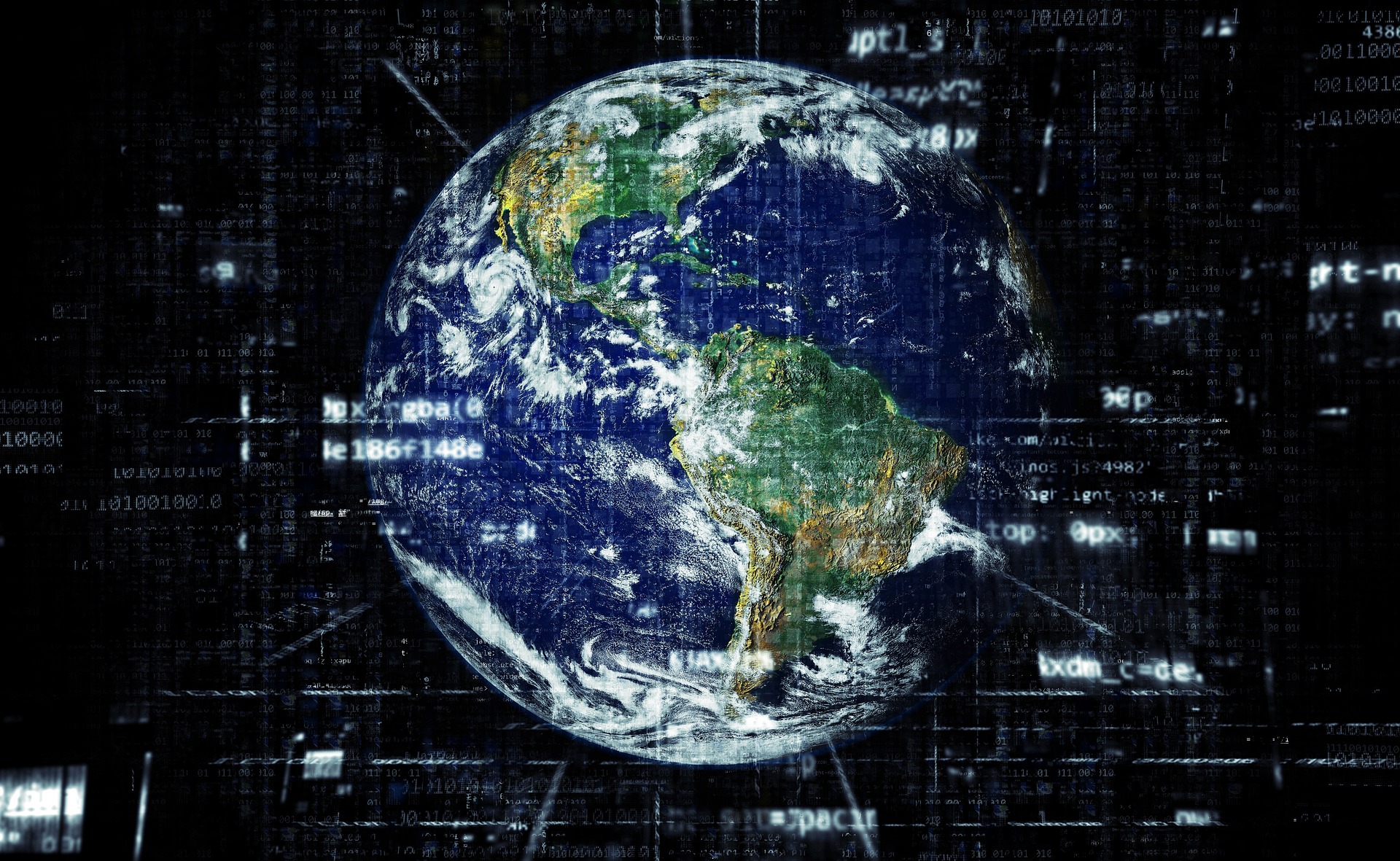

Intervention for Peace: An Applied Science Platform for Social Media Deradicalization
By Global Society InstituteAbout This Project
#What is the Context?
In a world increasingly divided by ideological conflicts, global civil society stands as a testament to the power of unity. Composed of diverse, peace-driven individuals, this community counters the influence of authoritarian narratives and advocates for a just, open world. It emphasizes transparency, freedom, and shared humanity, aiming to build bridges instead of walls. However, this vision is constantly under threat from those who stoke fear and hatred, framing global unification as a risk to national sovereignty or cultural identity.
Our project supports civil society's resilience by directly challenging online extremism and working to reverse the trends of radicalization that weaken societal harmony. By fostering a sense of shared purpose and understanding, we can counteract narratives that lead to societal division.
#Why is this Important?
Social media has become a fertile ground for extremist ideologies. On platforms like Twitter/X, an estimated 150-750 million monthly posts circulate divisive or nationalistic sentiments, including anti-global civil society rhetoric (Source: 33rd Square, Civicus Monitor, Twitter Audit Blog). This online hostility fosters societal polarization and poses a threat to global unity, as divisive narratives capitalize on crises and major political events to intensify public fear and anger.
This project addresses the urgent need for an alternative to traditional, often violent, intervention methods. By employing digital engagement and counter-narratives grounded in scientific insights, we aim to neutralize the impact of these posts without physical or governmental intervention.
#Who Does This?
A collaborative team from Global Society Institute leads the research efforts, comprising psychologists, sociologists, and media scientists with extensive experience in mass psychology. The team works closely with conflict resolution practitioners from Germany, Canada, Israel, and Palestine, ensuring that interventions are informed by both scientific research and field experience in high-conflict zones.
#What is the goal?
• To reduce the influence of extremist content and polarizing rhetoric on social media by achieving a 20-60% reduction in divisive online spaces led by radical nationalist and extremist groups.
#Objectives
•To scale up research-based interventions: Increase the scope of scientifically validated content to reach wider audiences within extremist and radicalized social media circles.
• To reduce online hostility: Through strategic communication, weaken the grip of divisive forces on social media by promoting narratives centered on unity, dialogue, and mutual understanding.
• To provide an alternative to violent intervention: Establish a nonviolent, accessible model of intervention that leverages psychological science as a tool for peace and societal cohesion.
#What Will the Money Be Used For?
Funds raised through this platform will be directed towards:
• Expanding Research and Data Analysis: Scale research into extremist language patterns, narrative structures, and psychological • triggers that lead to radicalization.
• *Content Creation and Outreach: Develop evidence-based content aimed at disarming extremist rhetoric and replacing it with messages of peace and mutual respect.
• *Platform Optimization and Analytics: Enhance data analytics capabilities to identify high-impact areas, monitor intervention success, and adjust strategies based on real-time data.
• *Training and Capacity Building: Equip conflict resolution professionals and digital strategists with tools and knowledge to carry out online deradicalization efforts effectively.
#What Will Be the Impact?
This project has the potential to become a vital resource for individuals worldwide seeking nonviolent solutions to radicalization and extremism, especially in contexts like the Israel-Palestine conflict and other areas where nationalist movements are growing. Our platform will serve as a model for civil society engagement in peacebuilding, harnessing social media as a positive force.
Expected Impact
Deradicalization of 20-60% of Targeted Infospaces: By implementing scientifically backed, targeted interventions, we aim to significantly reduce the presence of extremist content.
Increased Public Awareness and Engagement: Educate global audiences about the importance of unity and cooperation as counters to extremism, fostering a culture of resilience and mutual understanding.
Reduction in Hostile Social Media Content: Diminish the rate of hostile posts against civil society values by directly engaging with and transforming divisive content.
#How Will Impact Be Measured?
Our team will monitor progress using quantitative and qualitative metrics, focusing on:
• Reduction in extremist posts within identified online spaces.
• Engagement metrics on deradicalization content, including likes, shares, and positive sentiment.
• User feedback and surveys to assess the perception of global civil society narratives.
A detailed report will be generated bi-annually, showcasing progress, challenges, and insights for future initiatives. These reports will be made available to stakeholders, funders, and the public.
#Budget and Funding Requirements
• Research Expansion: $10,000
• Content Development and Distribution: $100,000
• Platform Optimization and Analytics: $10,000
• Training and Capacity Building: $50,000
Project Impacts
Global Society Institute
The Global Society Institute conducts research on the question of how a global society can develop in a sustainable and progressive manner. Various concepts of intelligence provide orientation and important perspectives.

